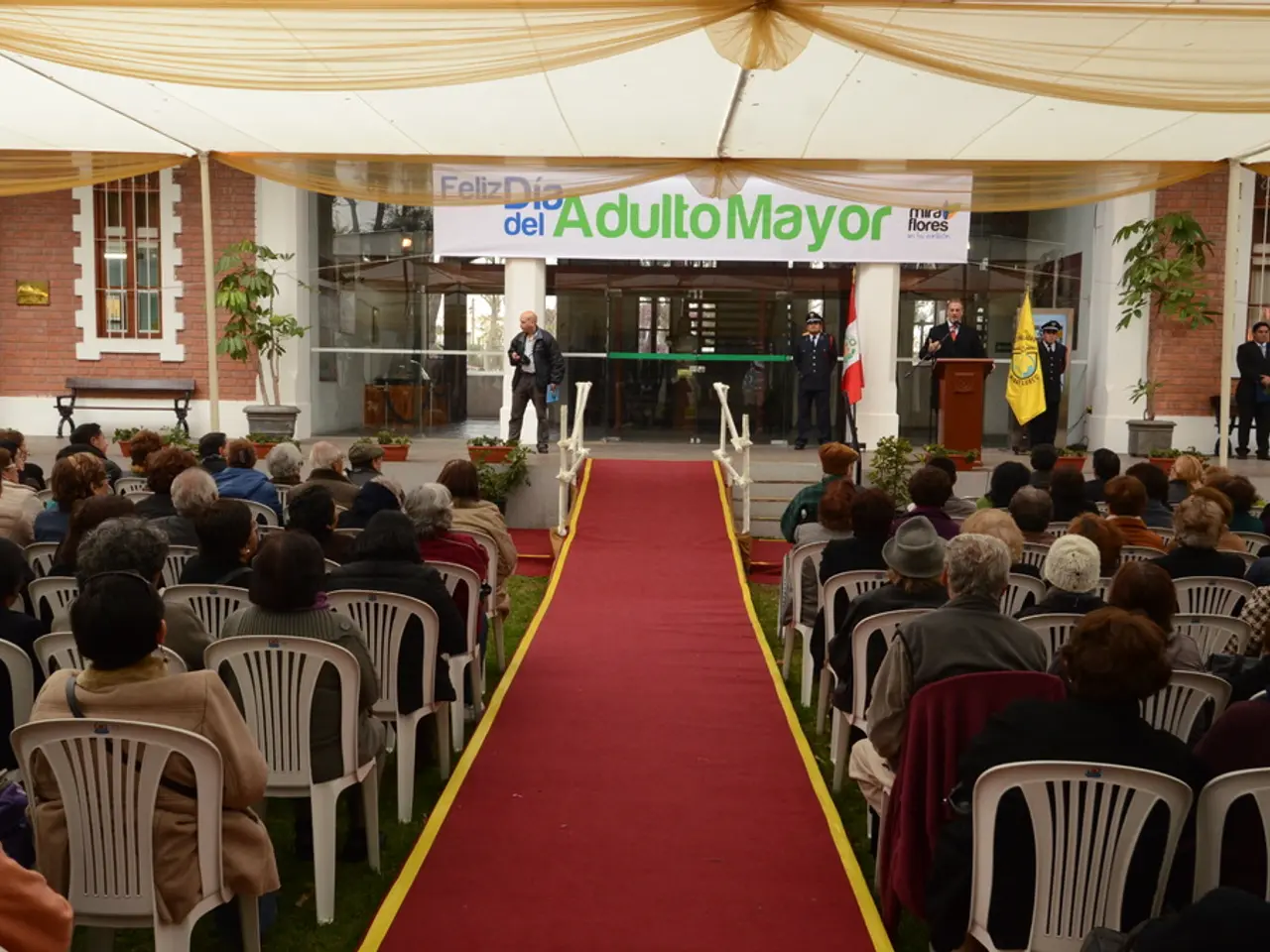Sadiq Khan clinches another term, margin narrowly securing victory
Sadiq Khan has been re-elected as the Mayor of London, securing 43.8% of the vote to secure a third term. The election, held under the Supplementary Vote (SV) system, saw a competitive race with a range of candidates vying for the position.
The Impact of the Supplementary Vote System
The SV system, which replaced the First Past the Post (FPTP) system, encourages broader appeal among mayoral candidates. Unlike FPTP, where a candidate can win with only a plurality, even if most voters prefer others, the SV system requires candidates to seek second-choice votes from supporters of other candidates. This moderates extreme positions and promotes coalition-building.
The SV system also balances simplicity with majoritarian legitimacy. Unlike more complex proportional systems, it still ensures the winner has majority support without the complexity of full preferential systems like STV.
Voter ID Concerns
While the London Assembly uses a mixed system—14 members by FPTP and 11 by proportional vote—concerns about voter ID laws remain an ongoing issue. The lack of detailed information on voter ID in these results suggests that this remains a debated issue in the context of elections generally, including those for mayoral offices.
Critics argue that voter ID requirements can lead to potential disenfranchisement of voters who lack acceptable ID and increased barriers that may disproportionately impact marginalized groups.
A Call for Fairer Voting Systems
Dr. Garland, the director of research and policy for the Electoral Reform Society, criticized the FPTP system for producing disproportionate results in local elections. She advocated for proportional representation to ensure fairer results at local elections and to create council chambers that better reflect the way people voted.
Dr. Garland called for the scrapping of voter ID and improving access to voting, in addition to moving to proportional and preferential voting systems. Her comments echo a similar tone that the current voting system is not accurately reflecting voters' choices in local elections.
Comparison with Other Regions
Scotland and Northern Ireland currently use a fairer proportional voting system compared to England. Under FPTP, some parties have taken over 90% of the seats on less than half the vote, while others have received no seats despite winning sizable vote shares.
The implementation of voter ID has prevented at least 14,000 people from voting at previous elections, according to the Electoral Reform Society. The society's chief executive, Darren Hughes, claims that the new system is making it more difficult for the public to vote, but is lowering the bar for politicians.
In summary, the use of the Supplementary Vote system in London mayoral elections is designed to ensure winners represent a majority preference rather than just a plurality, contrasting with the simpler but less representative FPTP method. Concerns about voter ID laws focus on fairness and accessibility to ensure all legitimate voters can participate. The debate around fairer voting systems and voter ID continues, with calls for reform to better represent the diverse electorate of London and beyond.
[1] Source
[4] Source
[5] Source
- In light of Sadiq Khan's re-election, the Supplementary Vote (SV) system, which promotes broader appeal among candidates, moderates extreme positions, and balances simplicity with majoritarian legitimacy, could serve as a reform model for policy-and-legislation regarding mayoral elections in other regions.
- The ongoing debate about voter ID laws in the context of elections, including those for mayoral offices, raises concerns about potential disenfranchisement and increased barriers impacting marginalized groups, leading to a call for fairer voting systems and improved access to voting.








